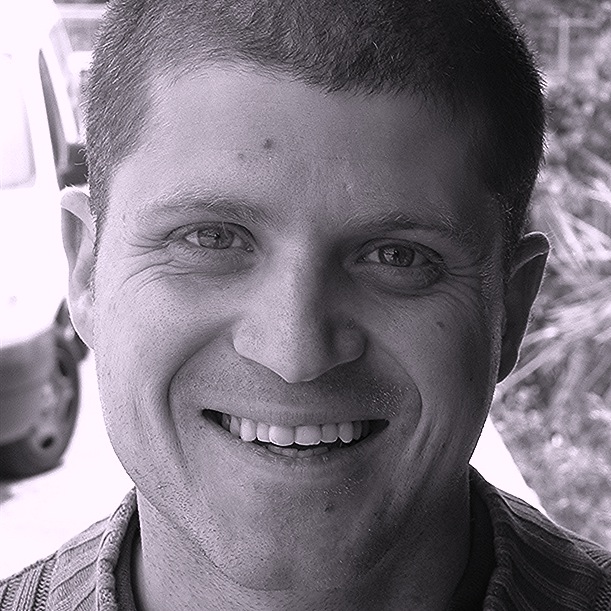 Ofer Zalzberg
Ofer Zalzberg
is a Senior Analyst with the International Crisis Group‘s Middle East and North Africa Program. For over a decade, he has been working as a researcher, policy consultant and group facilitator. Zalzberg is a co-designer of the Kumi Method for group facilitation in conflict situations, a method combining integrative conflict analysis, identity-based conflict resolution tools and participatory strategic planning. He previously worked as an Associate Researcher at the University of Duisburg-Essen’s Institute for Development and Peace (INEF) and at the Israeli think tank the Van Leer Jerusalem Institute. He has an MA in International History from the London School of Economics and Political Science (LSE).
What fascinates you about your field of research?
Understanding conflict is understanding life in a society. It is a field of research that demands holistic, multi-disciplinary approaches and challenges of the researcher each and every day as society and its conflicts evolve.
Where do you see or would like to see the field heading?
I’d like to see conflict studies becoming a more professional and robust field of applied research.
What fascinates you about “Shifting the dominant peace and security paradigm of the Israel/Palestine conflict”? In your own words: Why should people go there?
A remarkable part of the failures to date of diplomats and civil society to transform the Israeli-Palestinian conflict are a result of using a flawed paradigm which excessively focuses on tangible resources and overly relies on a misconstrued international architecture. New ways to analyse and address contextual barriers to the resolution of ethno-national conflicts are the tremendous challenge those wanting to advance the resolution of such conflicts must confront.



